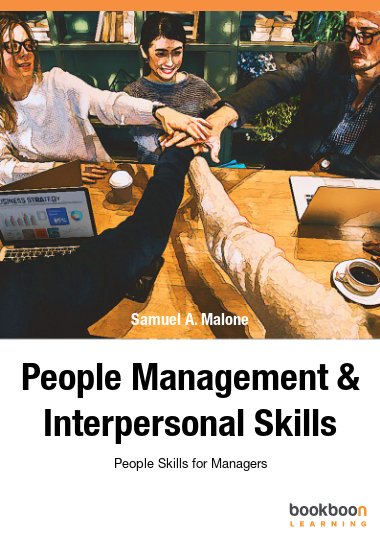Managers need team
building skills as most employees in organisations now work in teams. Team development goes through five stages:
norming, forming, storming, performing and adjourning. People adopt different roles within teams to
make them more effective. Managers need
facilitation skills to operate successfully.
Group leaders should be aware of the possible detrimental impact of
group think on teams. A good manager
will coach their employees to reach their full potential. There are similarities and differences
between coaching, mentoring, training and counselling. All of these approaches are used to improve
the productivity of managers and staff.
About the author
Samuel A Malone is a self-employed training consultant, lecturer and author. He has published numerous journal articles in the fields of learning, study skills, personal development, motivation and management. He is the author of 28 books published in Ireland, the UK and abroad on learning, personal development, study skills and business management. Some of his books have gone into foreign translations including Russian, Spanish, Danish and Norwegian, and second editions. Some of his books have been published in India. He has an M.Ed. with distinction (in training and development) from the University of Sheffield and is a qualified Chartered Management Accountant (ACMA), Chartered Global Management Accountant (CGMA) and a Chartered Secretary (ACIS) and a Member of the Irish Institute of Industrial Engineers (MIIE). He is a fellow of the Irish Institute of Training and Development (FIITD).

